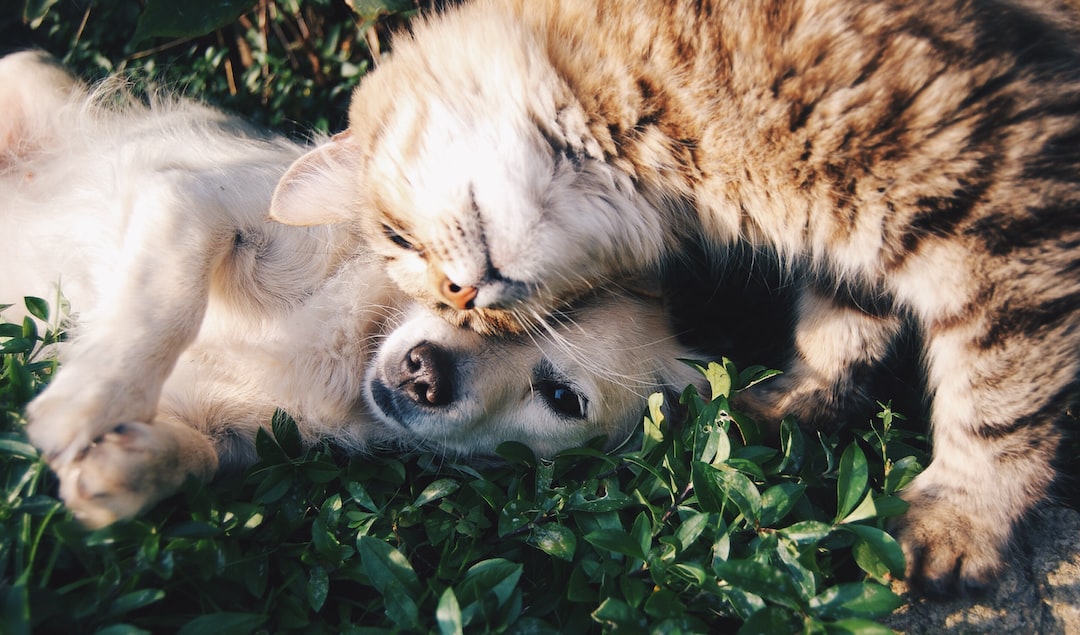Title: Allergies and Pets: How to Manage Pet Allergies for a Happy Home
Introduction:
Pets are an irreplaceable source of joy and companionship in our lives, but for many individuals, pet allergies can pose a significant challenge. Allergic reactions to pets, such as dogs or cats, can range from mild discomfort to severe symptoms. However, this does not mean that allergic individuals cannot enjoy the company of furry friends in their homes. By implementing effective management strategies and taking necessary precautions, it is possible to create a happy and allergy-free environment for both pets and their owners.
Understanding Pet Allergies:
Firstly, it is essential to understand what causes pet allergies. Contrary to popular belief, it is not pet hair itself that triggers allergic reactions, but rather certain proteins found in a pet’s saliva, urine, or dander (tiny flakes of skin). These proteins can become airborne and easily spread throughout the home, leading to allergic symptoms such as itchy eyes, sneezing, wheezing, and skin rashes.
Prevention is Key:
While complete elimination of pet allergens from your home might not be possible, there are several effective strategies to manage and reduce exposure to the allergens.
1. Designated Pet-free Zones: Establish certain rooms or areas of the house, such as bedrooms or living spaces, as pet-free zones. This will limit the presence of allergens in areas where allergic individuals spend the majority of their time.
2. Regular Cleaning: Invest in a good quality vacuum cleaner equipped with a HEPA filter to efficiently remove pet allergens from carpets, furniture, and other surfaces. Additionally, regular dusting, sweeping, and cleaning of pet bedding will help minimize allergen build-up.
3. Air Purifiers: Place air purifiers with HEPA filters in common living areas to trap allergens and improve overall air quality. These devices can be especially beneficial for individuals suffering from severe allergies.
4. Grooming and Bathing: Regular grooming and bathing of pets can significantly reduce the amount of allergens they produce. Brushing your pet outside can help keep allergens from spreading indoors.
5. Allergen-reducing Products: Consider using allergen-reducing sprays or wipes specifically designed for pets. These products can help neutralize allergens, making them less likely to cause an allergic reaction.
6. Personal Hygiene: Encourage family members, particularly those with allergies, to practice good personal hygiene, such as washing hands after touching pets and avoiding touching their faces.
Seeking Medical Advice:
For those suffering from severe allergies, it is crucial to consult a healthcare professional who can provide appropriate medication or immunotherapy options. These treatments can help to alleviate symptoms and increase tolerance towards pet allergens over time.
Choosing Hypoallergenic Breeds:
If you are considering getting a pet but have allergies, it is worth researching and considering hypoallergenic breeds. While no breed is entirely hypoallergenic, certain breeds with minimal shedding and reduced allergenic proteins may be more suitable for individuals with allergies.
Educating and Communicating:
In a household with both pet lovers and allergic family members, it is crucial to educate everyone about the importance of managing pet allergies. Clear communication and understanding of each person’s needs will help create a harmonious environment for both pets and allergy sufferers.
Conclusion:
Living with pet allergies does not mean that you have to forgo enjoying the company of a furry friend. By implementing effective management strategies and taking necessary precautions, it is possible to create a happy and allergy-free home for pet owners and allergic individuals. Understanding the root causes of pet allergies, prevention through regular cleaning routines, seeking medical advice, considering hypoallergenic breeds, and promoting open communication within the household will pave the way for a harmonious and fulfilling pet-friendly environment. Remember, with a little effort, love, and proper care, pets and those with allergies can coexist, bringing joy and happiness to the lives of both humans and animals alike.
